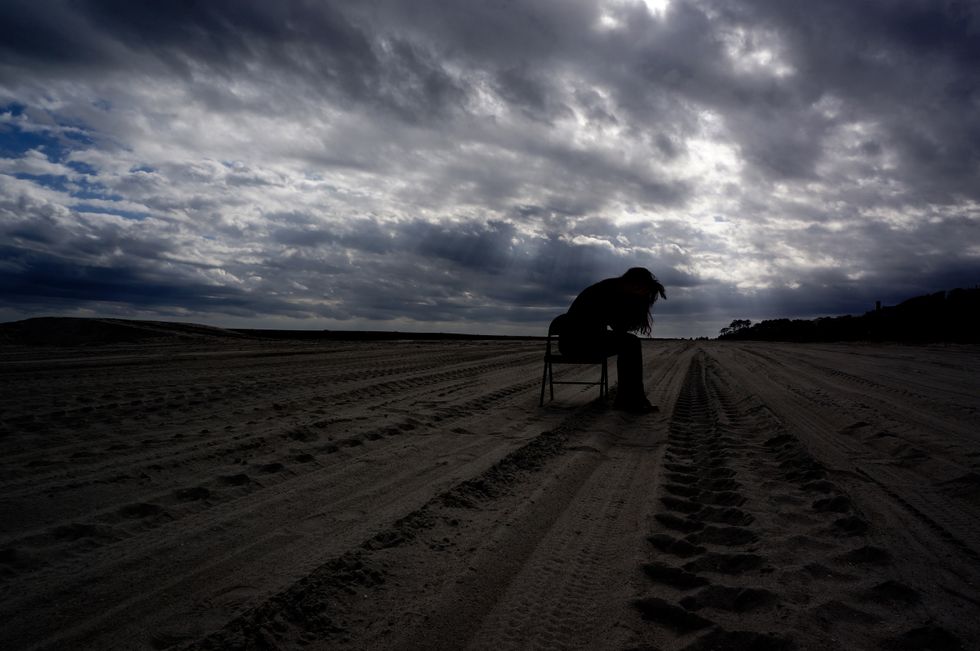The presentation of depression is about as varied of a reality as the human personality. It can look and feel like just about anything, depending on the person and their current circumstance, which often keeps people from catching it before they are overcome by it. Even within families, depression can manifest itself in distinct ways, sometimes subtly. Understanding fact that this disorder is so diverse is crucial in order to strengthen mental health advocacy and awareness movements. I've known many people with diagnosed depressive disorders, and they all presented differently. Some felt overwhelming sadness, some felt an almost comical (to them) level of morbidity, some just couldn't enjoy anything. I fell into each distinction at a certain point in time.
When I first started feeling depressed during my freshman year of college, I was sad. I felt hopeless and worthless and cried regularly. Since my depression was so intimately connected to my anxiety at that time, I was constantly overcome by dread and fear of failure and death. This constant anticipation of disaster made me feel completely out of control, and in turn, left me feeling as if my life in its entirety was a trivial pursuit. The habits I developed were sleeping less, eating more, and obsessing about my health. I spent an average of 2 hours a day on WebMD cumulatively, felt my symptoms of depression and anxiety as symptoms of terminal illness (panic attacks, headaches, fatigue, etc.) Missing my family and friends made me even more upset, and often left me feeling like people were forgetting me and moving on. This left me questioning my worth more than ever, and left me feeling desperate for validation almost always. This was my emotional phase.
Around the beginning of my sophomore year of college, I started to experience the existential crises. I'd blow off school work because "I'm just gonna die anyways" and ate so much regardless of the fact that I had a bad relationship with my body image. I stopped even entertaining the idea of getting better, and found my suffering almost laughable. I felt that I had the perfect life, with the only flaw being my "rotten attitude" towards it. This was pathetic to me, and, in turn, funny. Even though I was most definitely at my worst, I took my issues less seriously than ever, because I saw them as unwarranted and pitiful.
By the time I had arrived at my junior year of college, I had just about sunk as close to rock bottom as I ever have. I had reached the phase of my illness that can only be characterized as the end. What I mean by this is, given the overwhelming fatigue and hopelessness I felt, I find it hard to believe that I could have felt any worse. I was in an end-stage depression, completely beaten down by years of an improperly treated illness, and this was when I had to quit covering it up. I had to be honest about my situation, and this honesty is what, very often, allows people to begin to recover, regardless of the nature of their illness's presentation.
What is so interesting to me is the fact that depression can present itself in such a divergent manner, but still often be responsive to similar methods of treatment. Being an all-around cynical, sarcastic, more pessimistic person (who just so happened to end up with depression), I tend to make friendships with likeminded people, who often end up with the same issues. That being said, I've seen depression manifest is more ways than I can count, but when it comes to treatment, we often find relief in the same places. The primary place is in confiding in another. Whether be a therapist, an anonymous support group, or a friend, acknowledging our struggles and sharing our stories is a great first step to reaching relief.

















